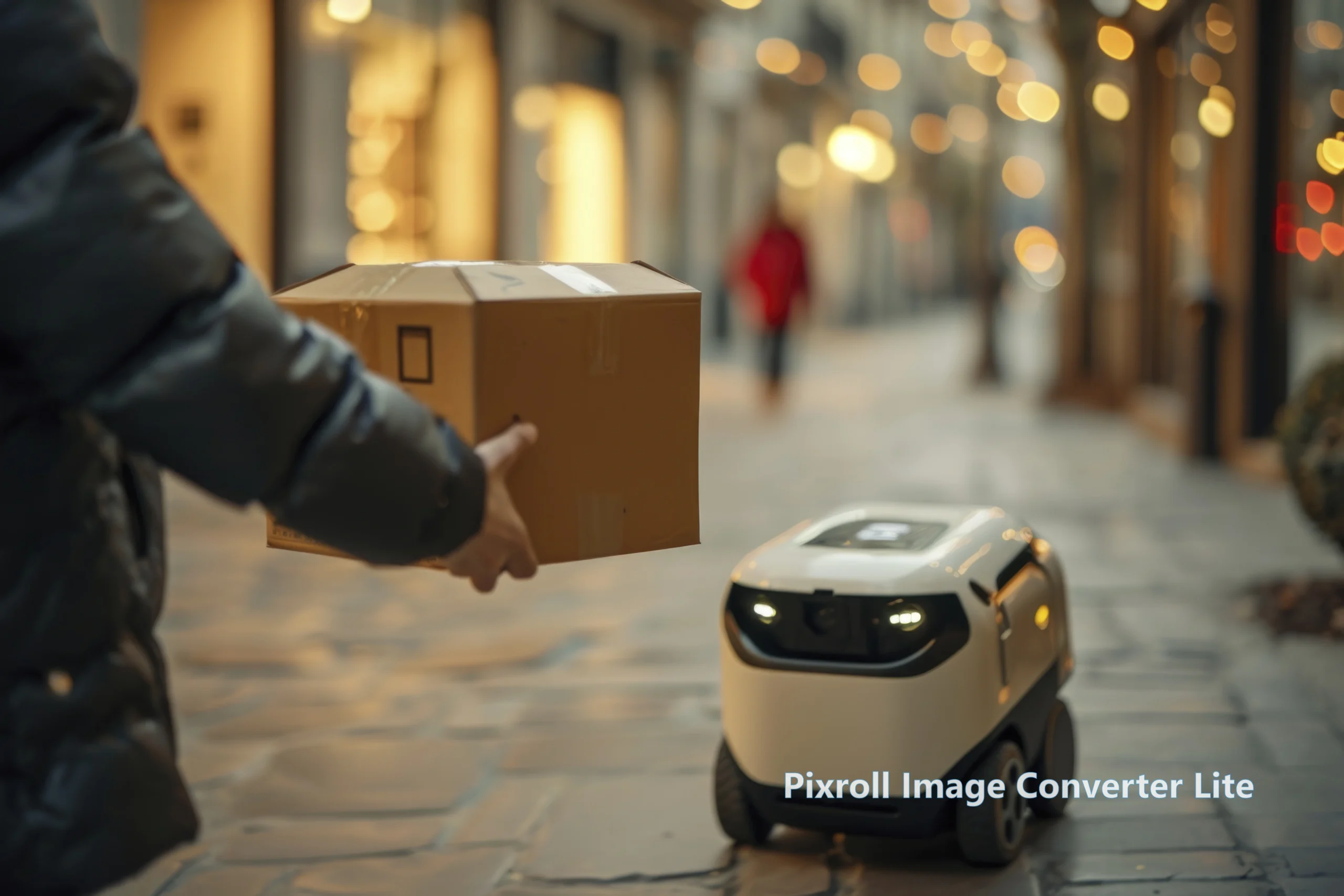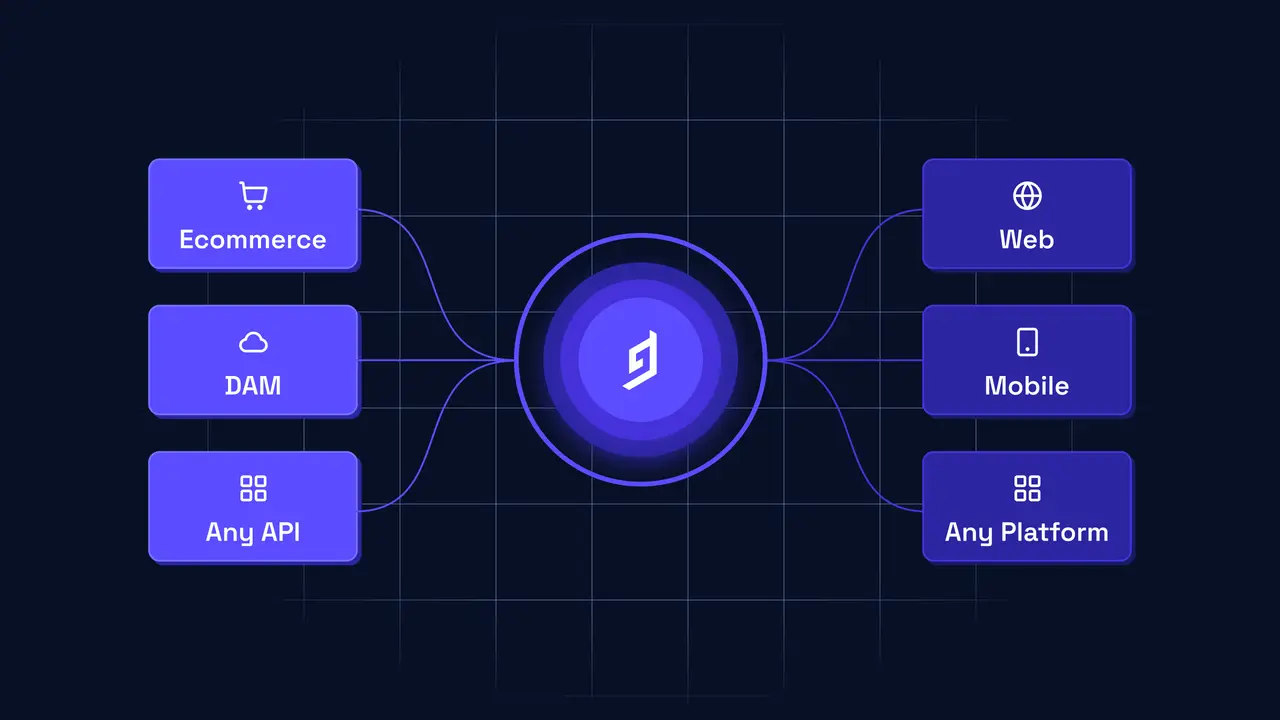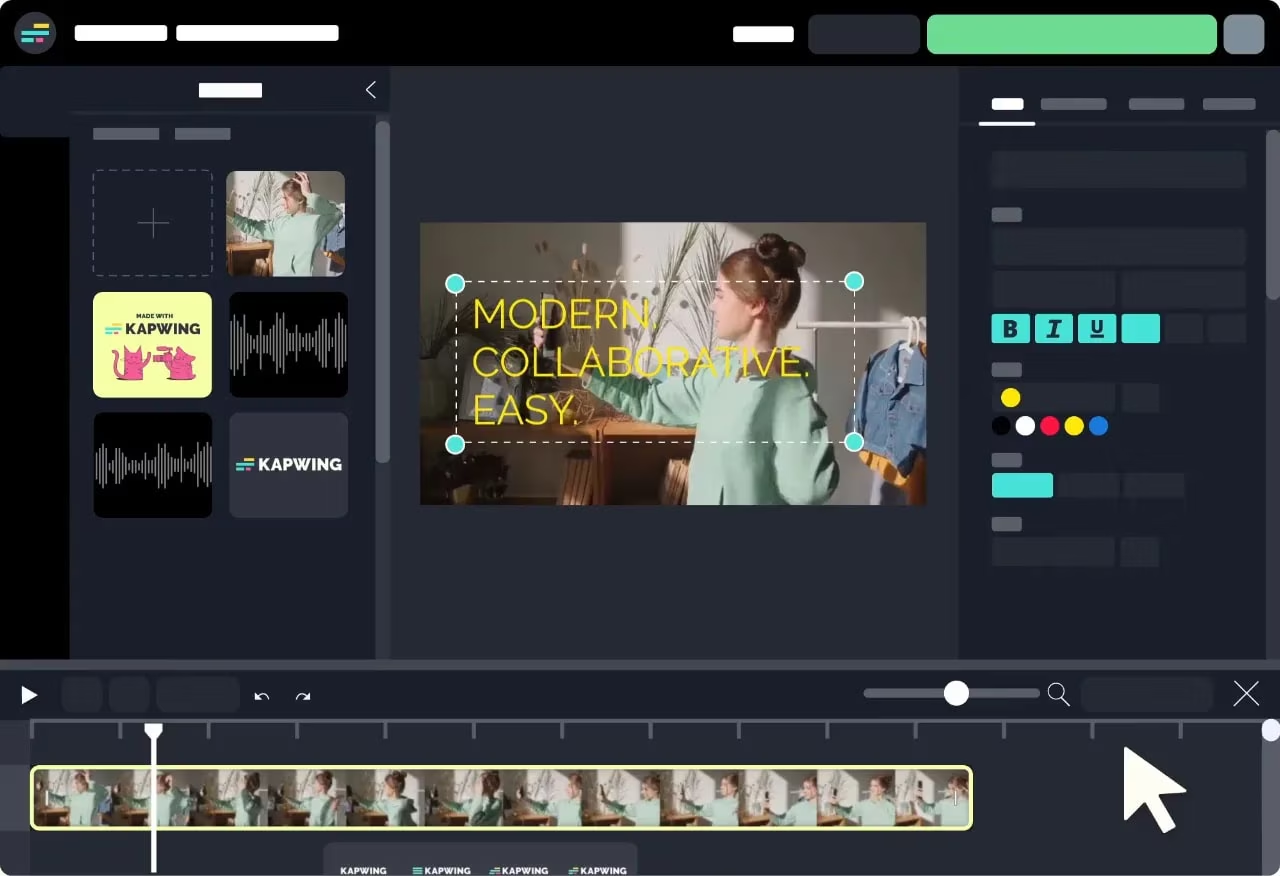In today’s fast-paced world, the logistics and delivery industry is under constant pressure to meet rising consumer expectations for speed, accuracy, and efficiency. As businesses strive to stay competitive, technology has become a game-changer, and Artificial Intelligence (AI) is at the forefront of this transformation. From route optimization to predictive analytics, AI is revolutionizing how delivery operations are managed. Let’s explore how AI is reshaping delivery management and why it’s indispensable for modern logistics.
1. Streamlining Route Optimization
One of the biggest challenges in delivery management is ensuring timely deliveries while minimizing costs. AI-powered algorithms analyze vast amounts of data, including traffic patterns, weather conditions, and delivery locations, to determine the most efficient routes. This not only reduces delivery times but also lowers fuel consumption and operational costs. For businesses, this means happier customers and a healthier bottom line.
2. Enhancing Predictive Analytics
AI excels at predicting future outcomes based on historical data. In delivery management, predictive analytics can forecast demand, identify potential delays, and optimize inventory levels. For example, during peak seasons, AI can predict which products will be in high demand and ensure they are stocked and ready for delivery. This proactive approach minimizes disruptions and keeps operations running smoothly.
3. Improving Customer Experience
In the age of instant gratification, customers expect real-time updates and transparency about their deliveries. AI-powered Delivery Management Software provides accurate delivery estimates, real-time tracking, and automated notifications. This level of transparency builds trust and enhances the overall customer experience, leading to higher satisfaction and repeat business.
4. Automating Dispatch Operations
Manually assigning delivery tasks to drivers can be time-consuming and prone to errors. AI automates this process by analyzing factors like driver availability, location, and delivery urgency to assign tasks efficiently. This ensures that deliveries are handled by the most suitable driver, reducing delays and improving productivity.
5. Reducing Operational Costs
AI helps businesses cut costs in several ways. By optimizing routes, reducing fuel consumption, and minimizing delivery delays, AI lowers operational expenses. Additionally, AI-driven automation reduces the need for manual intervention, freeing up resources for other critical tasks. Over time, these savings can significantly impact a company’s profitability.
6. Enabling Dynamic Pricing
Dynamic pricing is a strategy where delivery costs are adjusted based on factors like demand, distance, and time of day. AI analyzes these variables in real time to set optimal prices that maximize revenue while remaining competitive. This flexibility allows businesses to adapt to market conditions and customer preferences effortlessly.
7. Enhancing Fleet Management
Managing a fleet of delivery vehicles is no small feat. AI-powered tools monitor vehicle health, track driver behavior, and schedule maintenance to prevent breakdowns and ensure safety. This not only extends the lifespan of vehicles but also reduces the risk of accidents and costly repairs.
8. Facilitating Last-Mile Delivery
The last mile is often the most expensive and challenging part of the delivery process. AI addresses this by optimizing last-mile routes, predicting delivery windows, and even enabling autonomous delivery solutions like drones and robots. These innovations make last-mile delivery faster, cheaper, and more reliable.
9. Improving Inventory Management
AI doesn’t just optimize deliveries—it also enhances inventory management. By analyzing sales data and demand patterns, AI ensures that the right products are available at the right time. This reduces overstocking and stockouts, ensuring a seamless supply chain.
10. Supporting Scalability
As businesses grow, so do their logistics challenges. AI-powered delivery management systems are highly scalable and capable of handling increased order volumes and complex operations without compromising efficiency. This scalability is crucial for businesses looking to expand their reach and stay competitive.
The Role of Delivery Management Software and App Development
To fully leverage the power of AI, businesses need robust delivery management software and a well-designed delivery app. These tools integrate AI capabilities to provide real-time insights, automate processes, and enhance decision-making. Whether you’re a small business or a large enterprise, investing in Delivery App Development can transform your logistics operations and set you apart from the competition.
Conclusion
AI is no longer a futuristic concept—it’s a practical solution to the challenges faced by the logistics and delivery industry. From optimizing routes and reducing costs to enhancing customer experience and supporting scalability, AI is redefining what’s possible in delivery management. By embracing AI-powered tools like delivery management software and investing in delivery app development, businesses can stay ahead of the curve and meet the ever-evolving demands of their customers. The future of logistics is here, and it’s powered by AI. Are you ready to leap?










